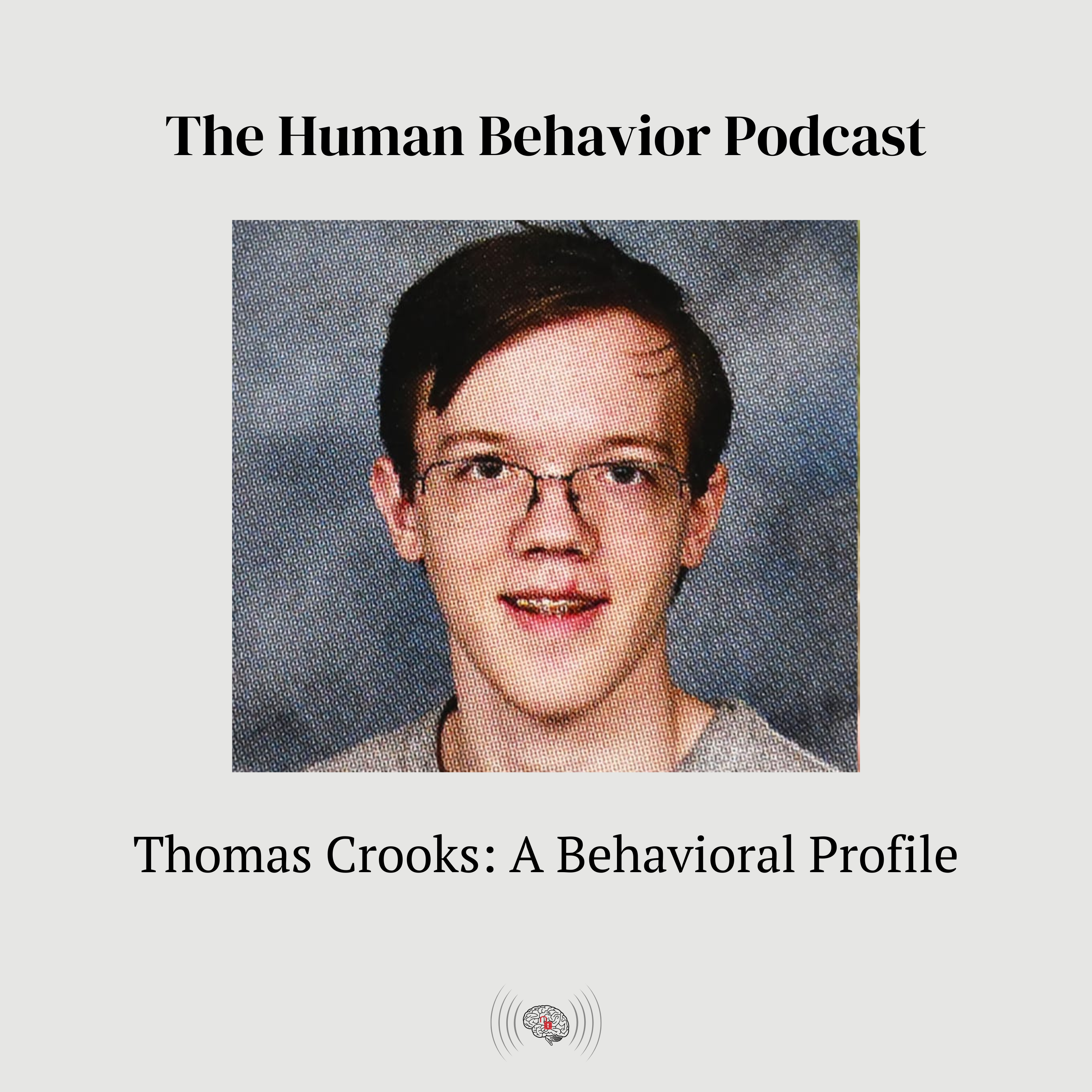Understanding the mind of a political assassin is a complex yet crucial endeavor, especially when it comes to preventing future threats. Our latest podcast episode delves into the attempted assassination of Donald Trump by Thomas Crooks, offering a deep dive into the psychological and procedural elements that shaped this alarming event. By dissecting Crooks’ profile, behaviors, and planning, we reveal a chilling quest for notoriety and historical infamy, drawing parallels to school shooters.
The episode opens with an in-depth analysis of the assassination attempt itself. Thomas Crooks, a seemingly ordinary individual, executed a meticulously organized plan with a low level of sophistication but high level of organization. This dichotomy challenges our preconceived notions about the profile of an assassin. Crooks’ choice of weapon, his internet search history, and even his attempts to protect his family from legal repercussions are scrutinized to paint a comprehensive picture of his motives. The aim is to understand not just the individual but the broader patterns in criminal behavior that can help in identifying future threats.
Communication gaps and procedural lapses also play a significant role in this case. The episode highlights how critical interagency communication and coordination are in preventing such events. Minor mistakes, often overlooked, can escalate into significant security failures. Real-life anecdotes from combat zones illustrate how these small errors can have catastrophic consequences. By examining the specific procedural and communication failures in Crooks’ case, the episode emphasizes the need for seamless collaboration and vigilance among security agencies.
The psychological insights into political violence are another focal point of the episode. Understanding the motives behind such acts goes beyond speculative opinions to factual evidence. The discussion explores how individuals like Crooks seek notoriety and historical significance, often driven by a fragile ego. This quest for recognition can be a powerful motivator, leading to meticulously planned attacks. By comparing Crooks’ behavior to that of school shooters, the episode underscores the importance of identifying genuine patterns in criminal behavior.
One of the most compelling segments of the episode addresses the concept of letting patterns emerge naturally. Often, analysts fall into the trap of confirmation bias, forcing preconceived notions onto situations. The episode advocates for a more organic approach, allowing genuine patterns to form based on the evidence. This method is likened to observing celestial bodies, where ancient civilizations identified constellations based on visible patterns. Similarly, in criminal analysis, rigid frameworks should be avoided in favor of emergent patterns that offer accurate insights.
The episode also delves into the specifics of Crooks’ actions, from his choice of pornography to the type of bomb he used. These details, while seemingly minor, contribute to a nuanced understanding of his psychological profile. By examining these elements, the episode aims to move beyond surface-level analysis to uncover deeper motivations. This comprehensive approach is essential in forming reasonable conclusions about threats and dangers.
Human behavior factors are another critical aspect explored in the episode. The diffusion of responsibility and the impact of human error in critical situations are examined through personal anecdotes from combat zones. These real-life examples highlight how a series of minor mistakes can culminate in significant consequences. Understanding these contributory factors is essential for improving future responses and ensuring such events are not repeated.
The episode concludes by emphasizing the importance of a holistic approach to security and threat prevention. By combining psychological insights, procedural analysis, and real-life anecdotes, it offers a comprehensive understanding of the complexities involved in preventing political violence. The aim is to challenge listeners’ understanding of criminal psychology and encourage a more nuanced approach to security measures.
In summary, this episode is a thought-provoking exploration of the mind of a political assassin, the procedural gaps that allow such plans to unfold, and the psychological motives driving such acts. By examining the case of Thomas Crooks, it provides valuable insights into preventing future threats and improving security measures. Tune in for a deep dive into one of the most alarming events in recent history and learn how to stay vigilant in a complex and ever-evolving security landscape.

Comments are closed